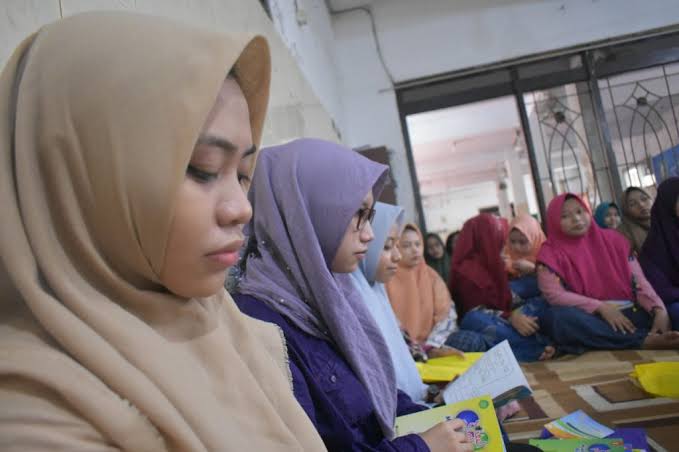Extremism has become a global concern in recent decades, particularly after a series of tragic events that have shaken the world.
Extremism is not limited to acts of violence; it also encompasses rigid and uncompromising ideologies that reject diversity, refuse compromise, and support radical measures to achieve certain objectives, often at the expense of fundamental human values. Behind every act of extremism lies a deep-rooted ideology, strong beliefs, and, often, a profound sense of dissatisfaction or perceived injustice.

Extremism frequently arises among individuals or groups lacking a deep understanding of religion. They tend to interpret religious texts literally, without considering the historical, social, and cultural contexts in which the teachings were revealed. This approach—often neglecting the essence and primary objectives of religious teachings—can foster narrow and exclusive views, ultimately leading to intolerance towards other groups.
This is where the importance of ngaji (Islamic learning) with a proper sanad becomes critical. The sanad tradition teaches students to understand religious teachings by considering various relevant contextual factors, helping them avoid rigid and extreme interpretations.
Learning with a Sanad
Ngaji or learning with a sanad is a deeply rooted tradition in Islamic scholarship, passed down from generation to generation. This tradition emphasizes continuous learning through a lineage of teachers with clear and accountable scholarly authority.
In ngaji with a sanad, every teacher who imparts religious knowledge is directly connected to previous scholars, ultimately tracing back to the Prophet Muhammad (peace be upon him). This lineage provides authenticity and legitimacy to the knowledge being taught, ensuring that the teachings align with the true intent of Allah and His Messenger.
Moreover, teachers within the sanad tradition do not merely transmit knowledge; they also serve as living examples for their students. By following the example of their teachers, students learn to apply religious teachings in their lives with wisdom and prudence.
Teachers with a sanad often act as mentors and guides, helping students navigate life’s challenges in ways that align with Islam’s peaceful and moderate teachings. This guidance is crucial in preventing extremism, as students who have strong connections with their teachers are less likely to be influenced by extremist ideologies.
A key element of ngaji with a sanad is the process of tazkiyah or spiritual purification, which accompanies every stage of learning. Tazkiyah aims to cleanse the heart from negative traits such as arrogance, hatred, and the desire to dominate others.
In this context, ngaji with a sanad is not just a means of transferring knowledge but also a process of shaping noble character. As a result, individuals who engage in this form of learning tend to adopt more moderate, tolerant, and open attitudes toward differences, in stark contrast to the rigid and intolerant stance of extremists.
The sanad tradition also emphasizes following the footsteps of the ulama’ salaf —the early generations of Muslims known for their deep understanding of Islam and commitment to noble conduct.
By emulating the ulama’ salaf, those involved in ngaji with a sanad gain a better understanding of how to apply Islamic teachings in daily life correctly and balanced. This is crucial in preventing extremism, as the ulama’ salaf were known for their moderation and rejection of violence as a means of achieving religious goals.
Additionally, ngaji with a sanad provides a deep understanding of maqasid ash-shariah —the objectives of Islamic law. Maqasid ash-shariah emphasizes the importance of preserving five fundamental aspects of human life: religion, life, intellect, lineage, and property. By understanding maqasid ash-shariah, students learn that the ultimate goal of Islamic teachings is to promote peace, justice, and well-being for all people. This stands in direct opposition to extremist ideologies that often prioritize coercion and violence to achieve religious aims.
Through ngaji with a sanad, students are taught to understand and practice Islam in a balanced, wise, and contextually appropriate manner.
Finally, ngaji with a sanad strengthens the connection between younger generations and the rich intellectual heritage of Islam. In an increasingly modern and secular world, many young people have lost touch with Islamic scholarly traditions, making them vulnerable to extremist ideologies that offer simplistic answers to the complex problems they face.
By engaging in ngaji with a sanad, young people gain direct access to Islam’s vast and comprehensive intellectual legacy, helping them understand and practice Islam in a balanced and contextual way. Wallahu a’lam.








